
What Your Instructors Wish You Knew About Papers
Have you ever wondered what your professors are really looking for in a paper? It always seems like they want much more than they put on the rubric – or that their directions are so detailed that it feels almost impossible to get it right! While every instructor is different, there are a few things […] ...
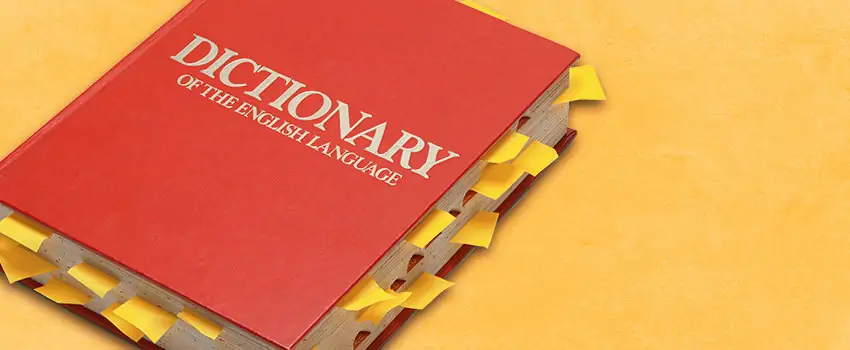
Ten Interesting SAT Vocabulary Words You’ll Probably Never Use
These SAT vocabulary words are likely to show up on the SAT verbal portion of your exam, but probably nowhere else in your life. Before we lament our lassitude, let’s review a few sundry terms. To check your papers or SAT sample essays for grammar or spelling errors, try the EasyBib Plus online grammar and […] ...
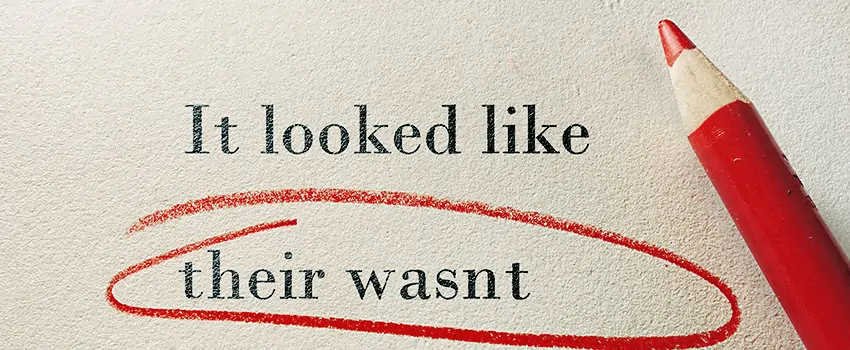
Three Common Grammar Errors to Avoid
Strong research and a well-organized set of arguments will put you well on your way to a top-grade paper. But there’s one thing that many of us find unexpectedly challenging: grammar and mechanics. Using proper grammar isn’t just a finishing touch—it’s a crucial component to making sure that your writing is clear, understandable, and polished. […] ...
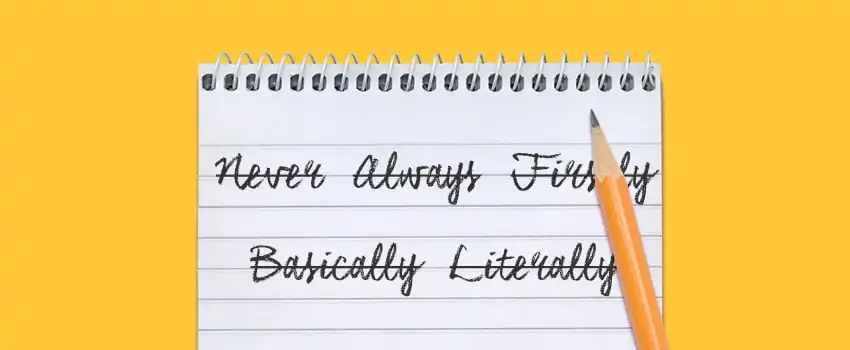
10 Words that Make Your Teachers Cringe
Academic writing can be tough to tackle. We usually don’t write research papers in the same way we talk or text in our everyday lives. Prime example: when have you ever wrote “yeah” or “hahaha” in a class paper? Since writing for an assignment uses a different “voice,” it can make the tone of papers […] ...

A Color Coded Guide to the Eight Buffalo Sentence
Buffalo written eight times is a grammatically correct sentence that sounds crazy but actually means something. To crack the code of this mystical combo, there are diagrams, articles and videos all over the internet. Some can be helpful, others make an already confusing sentence even more confusing. Everyone learns differently, so maybe our color-coded explanation […] ...
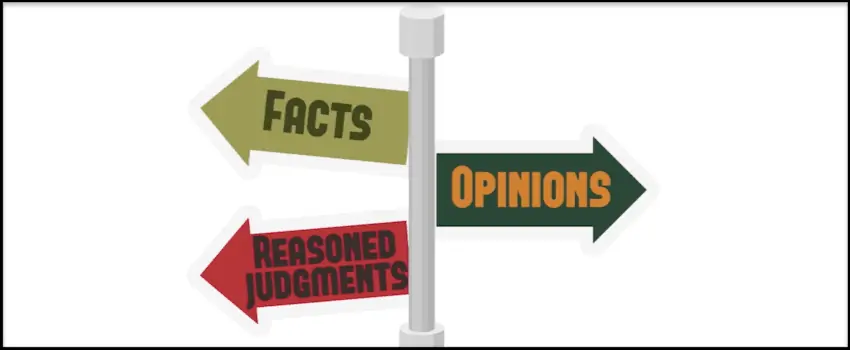
Video Lesson: Facts, Opinions & Reasoned Judgments
Length: 1:02 Recognizing the difference between fact, opinion, and reasoned judgment statements is an essential skill, one which is often touched upon and reviewed in school. Students need to be able to distinguish between these three types of statements in order to write persuasive pieces, develop proper theses, communicate and engage in debates, and critically […] ...

Using Gender Neutral Language in Your Papers
Recently, the use of gender-neutral language—also known as gender-inclusive language—has become a trending topic, and it’s something to consider when writing your academic papers and essays. We’ll walk you through the various gender-neutral options, looking at when they might be most appropriate. We will be using MLA style parenthetical citations in this article to help […] ...

Who vs. Whom: Which Do I Use?
Most people know there is a difference between who and whom, but few remember what it is. In truth, you could go your entire life and only use whom a handful of times, but when those rare grammatical moments strike, if you want to be prepared, we are here to help. (EasyBib.com is also here […] ...

Using Active Voice: Goodbye “to be,” Hello Better Writing!
Have you ever heard an instructor say it is important to write essays in an active voice? Indeed, using an active voice is a simple and effective way to make your writing flow better and make your overall argument sound stronger. But, what does writing in an active voice actually mean? Often, instructors will throw […] ...
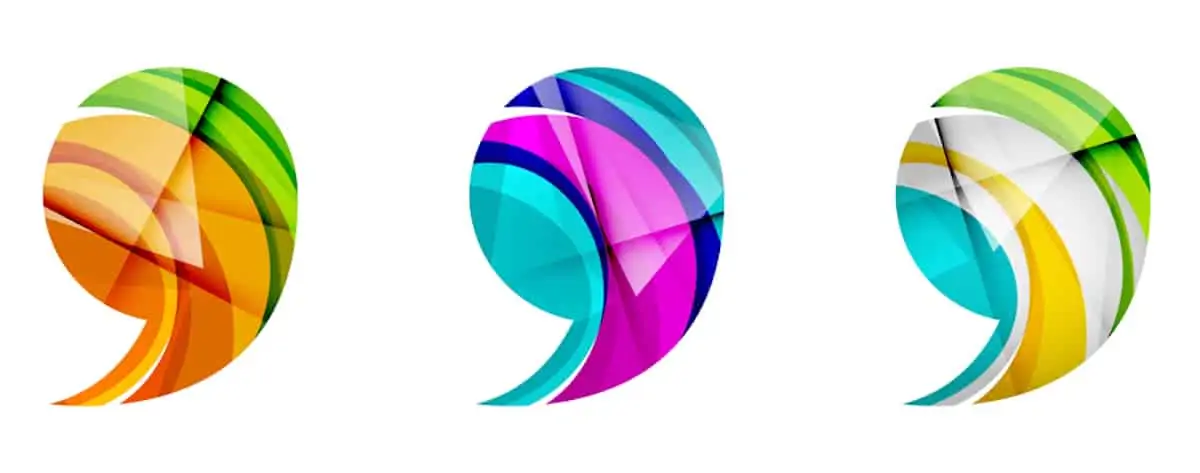
Quick Guide on the Most Important Commas
Did you know that some commas could be more “important” than others? Ok, that’s not strictly true. A properly placed comma is usually essential for conveying exact meaning in anything you write. However, certain commas leave a glaring error when left out. The four commas listed below are the kind that, when omitted, reduce not […] ...